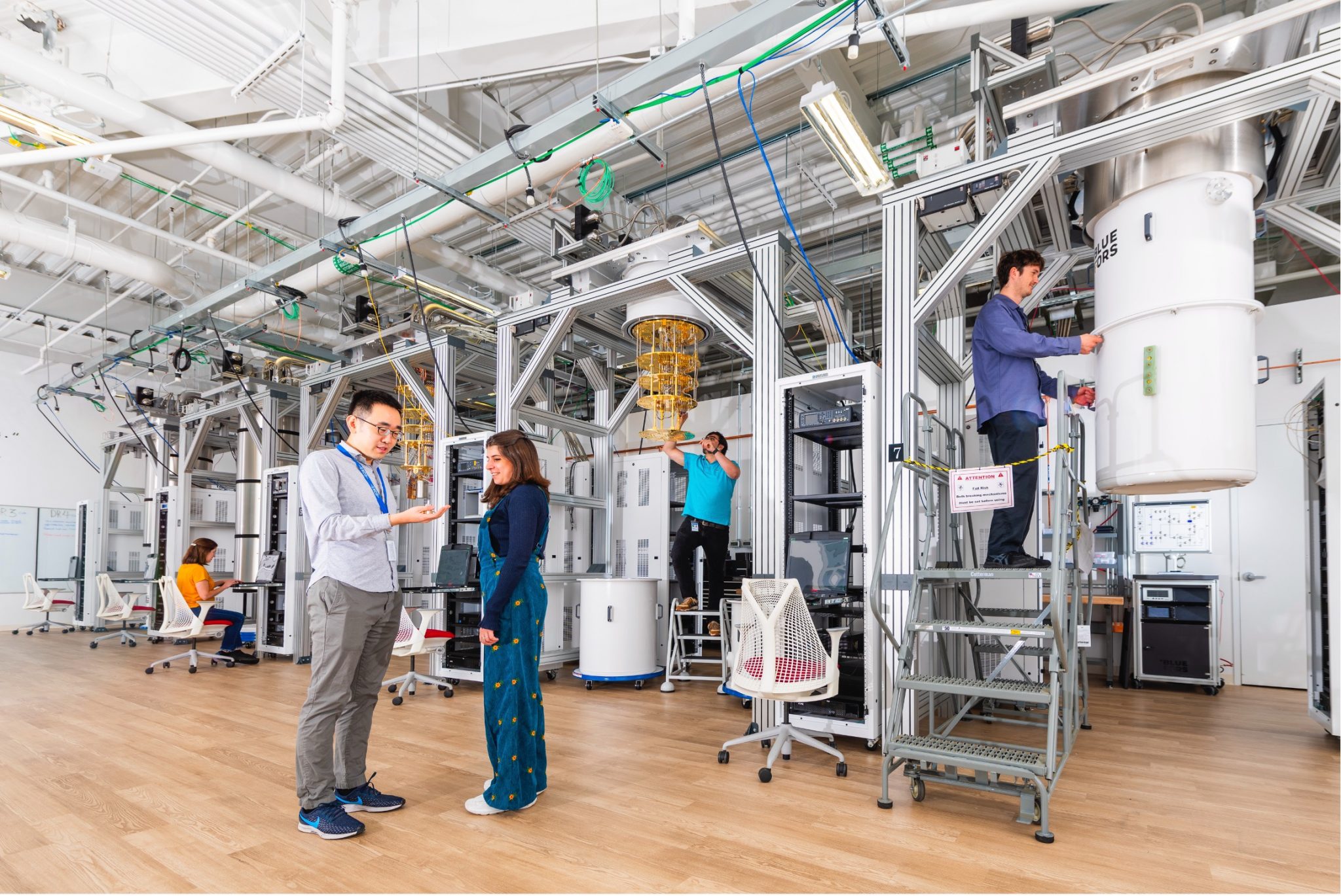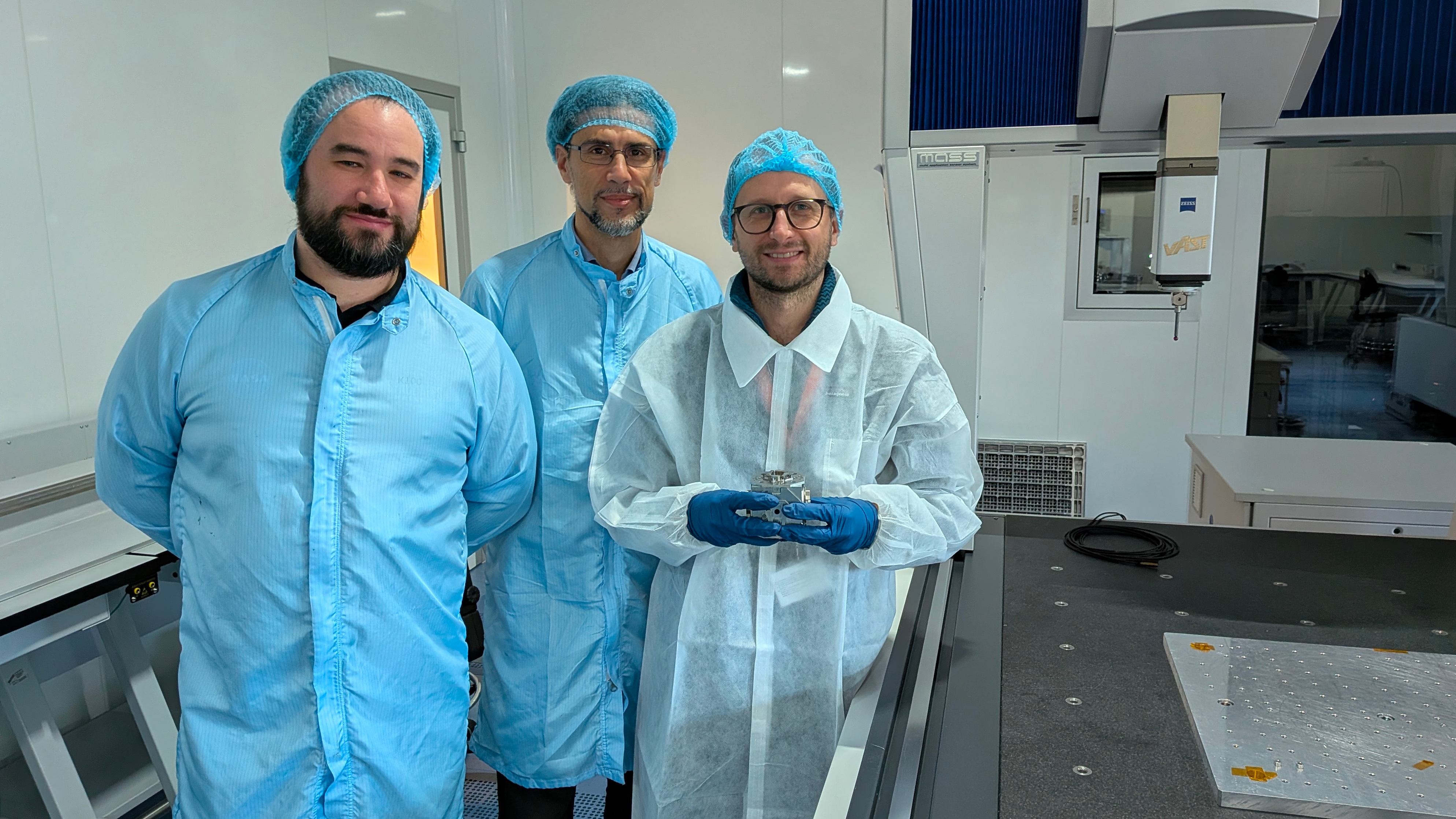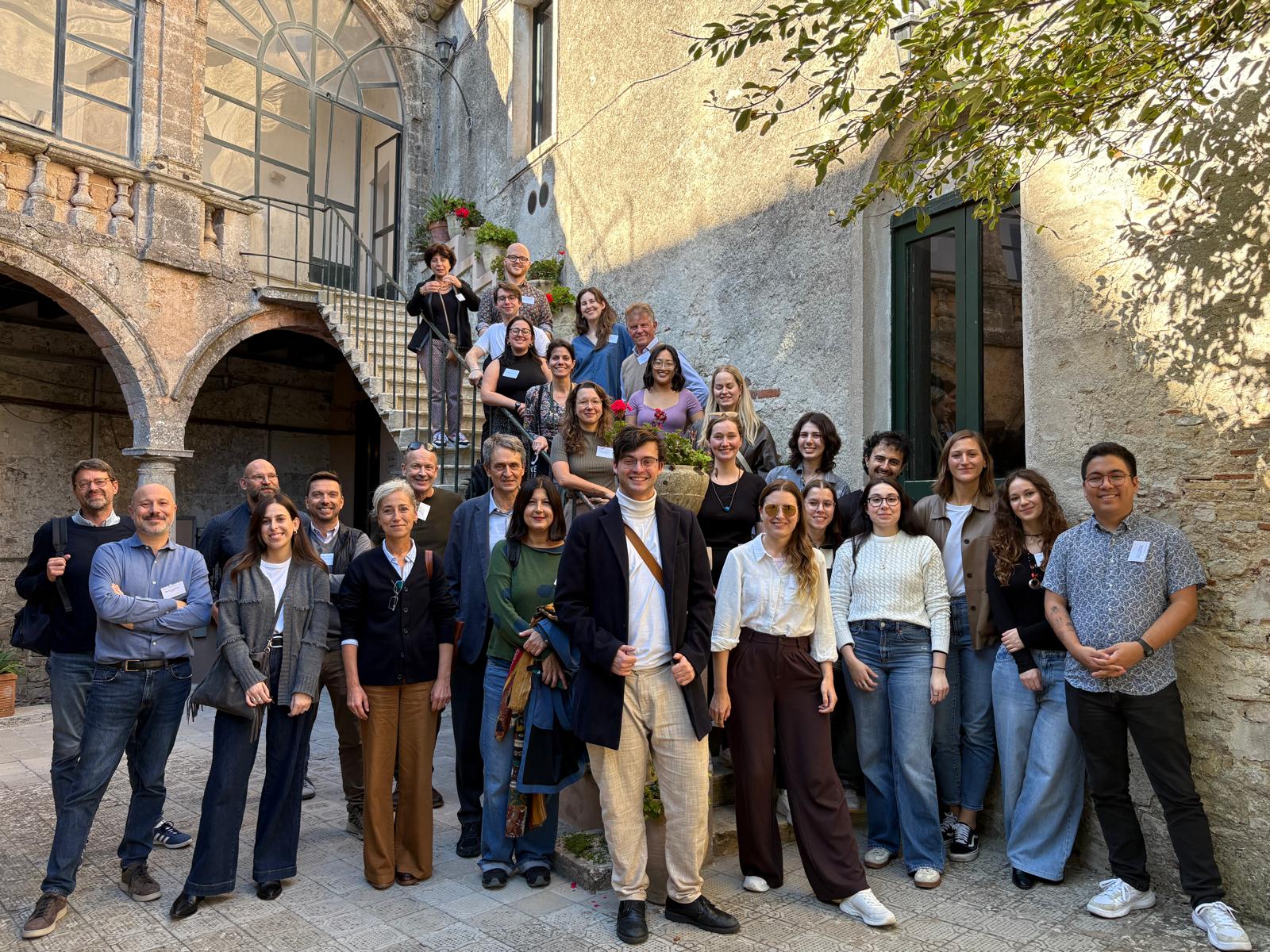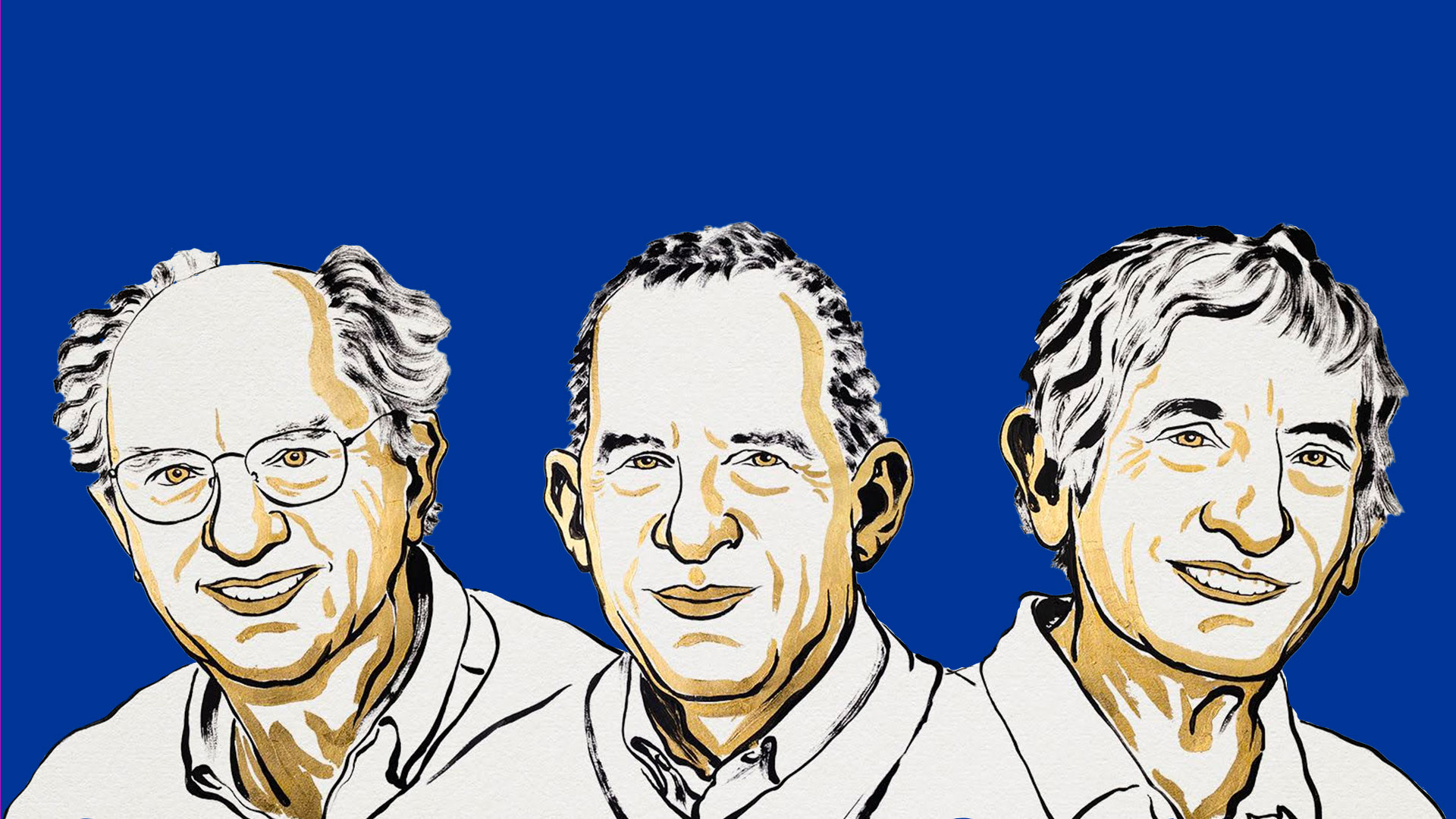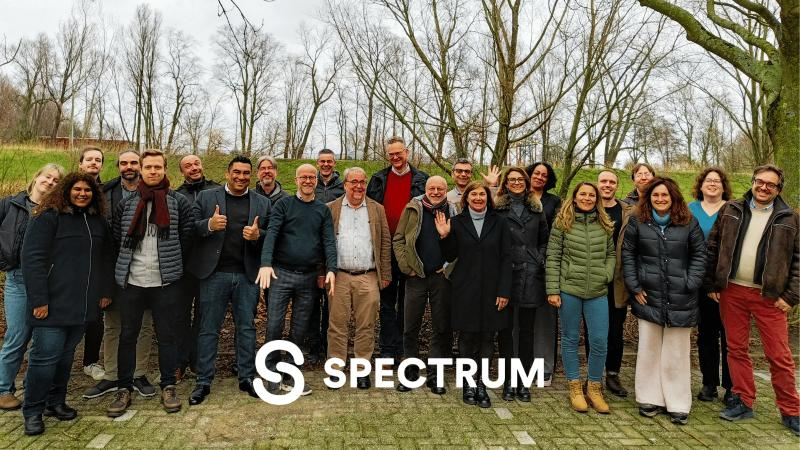
In Amsterdam, the inaugural event of the European project SPECTRUM was recently held. The project will develop a sustainable strategy for collecting and processing data produced by experiments in high-energy physics and radio astronomy. Funded as part of the Horizon Europe programme, SPECTRUM unites the main actors of scientific computing and the biggest European computing centres. Italy is also providing an important contribution to SPECTRUM with INFN and CINECA, which will be supported by the computing infrastructure of ICSC, the National Research Centre on HPC, Big Data and Quantum Computing. The goal of SPECTRUM is to deal with the problem of sustainability in scientific computing. The quantity of data collected, shared, and processed in front-line research is, in fact, destined to increase rapidly over the next decade, leading to unprecedented processing, simulation, and data analysis needs. In particular, particle physics and radio astronomy are preparing revolutionary tools that will require computing infrastructure with much greater capacities compared to current infrastructure. In this context, the SPECTRUM task will be to formulate a Research, Innovation, and Implementation Strategy (SRIDA) that outlines sustainable solutions, both financially and in terms of environmental impact.
